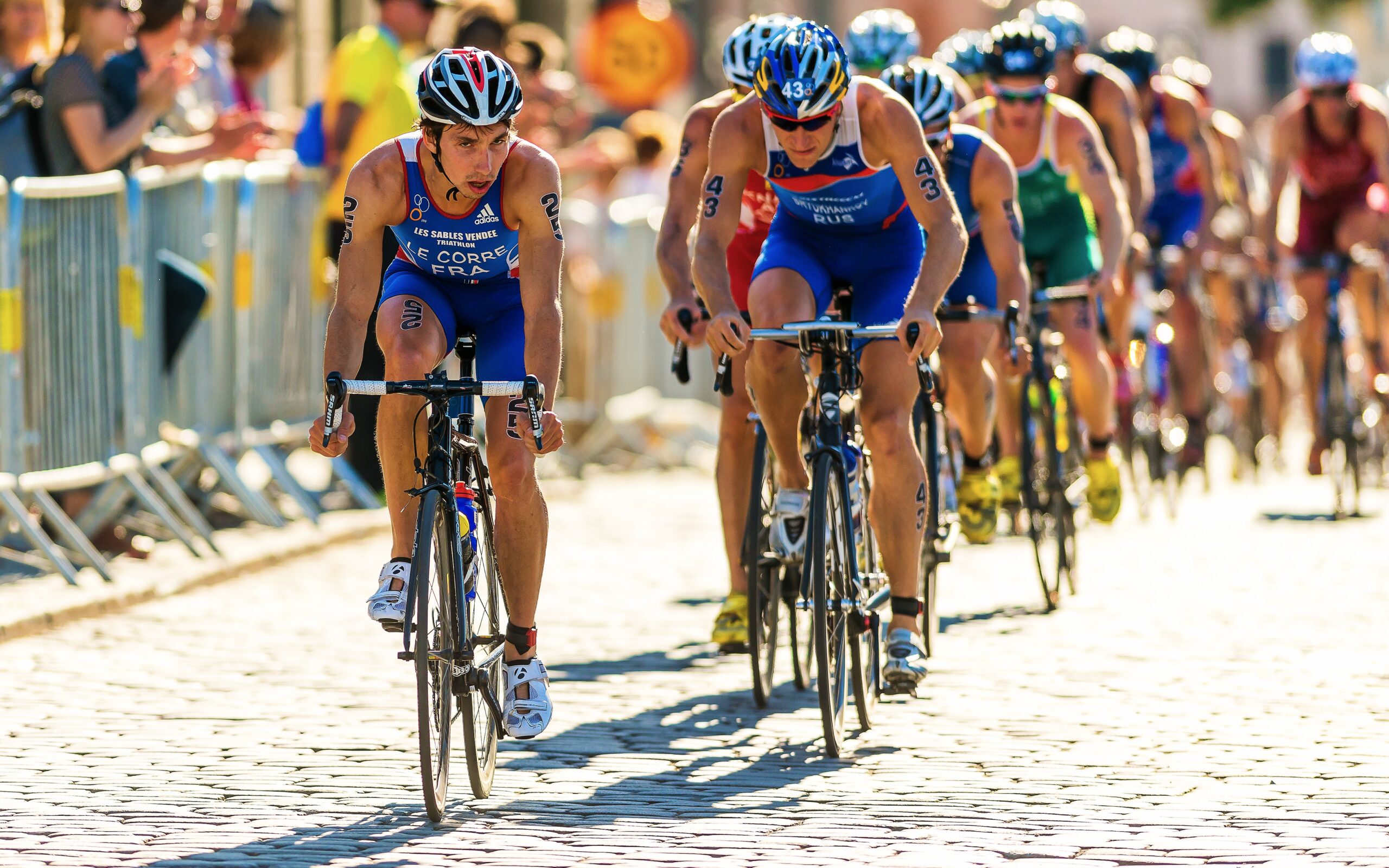Triathletes swim, cycle and run long distances without rest. Now, it turns out that by regularly pushing their bodies beyond the limits most of us can endure, they’re actually raising their pain threshold.
Researchers at Tel Aviv University have found that triathletes feel less pain than casual exercisers.
Prof. Ruth Defrin and her doctoral student Nirit Geva of the Department of Physical Therapy at TAU’sSackler Faculty of Medicine explain that detecting pain is a relatively straightforward sensory experience, whereas evaluating pain and being willing and able to endure it involves attitude, motivation, and life experience. The triathletes reported fearing and worrying less about pain, which may help explain their higher tolerance, the researchers say.
“In our study, triathletes rated pain lower in intensity, tolerated it longer, and inhibited it better than individuals in a control group,” says Prof. Defrin. “We think both physiological and psychological factors underlie these differences and help explain how triathletes are able to perform at such a high level.”
Nineteen triathletes and 17 non-athletes participated in the TAU researchers’ study. The triathletes were people who trained for and competed in at least two triathlons per year — including in some cases the notoriously challenging Ironman Triathlon, which consists of a 2.4-mile swim, a 112-mile bicycle ride, and a 26.2-mile marathon run. The non-athletes were people who did non-competitive exercises, like jogging, swimming, or aerobics classes.
All the participants were put through a battery of psychophysical pain tests, involving the application of a heating device to one arm and the submersion of the other arm in a cold-water bath. They also filled out questionnaires about their attitudes toward pain.
In the tests, the triathletes identified pain just as well as non-athletes, but they perceived it as less intense and were able to withstand it longer.
The triathletes also showed a better ability to inhibit pain than non-athletes, as measured by conditioned pain modulation — the degree to which the body eases one pain in response to another. The researchers say psychology may be a factor here too. The triathletes with less fear of pain tended to exhibit better pain regulation. Previous studies have similarly found that psychological manipulation can affect pain perception.
Another explanation for triathletes’ lower pain ratings, higher pain tolerance, and better pain regulation is that they have taught their bodies to respond powerfully to painful stimuli through their intense training. The TAU researchers say their study — along with existing literature — suggests that psychology and physiology together enable triathletes to do what they do.
“It is very difficult to separate physiology and psychology,” says Prof. Defrin. “But in general, experience is the sum of these factors.”
Their findings were published in the journal Pain.
Photo by Stefan Holm / Shutterstock.com













